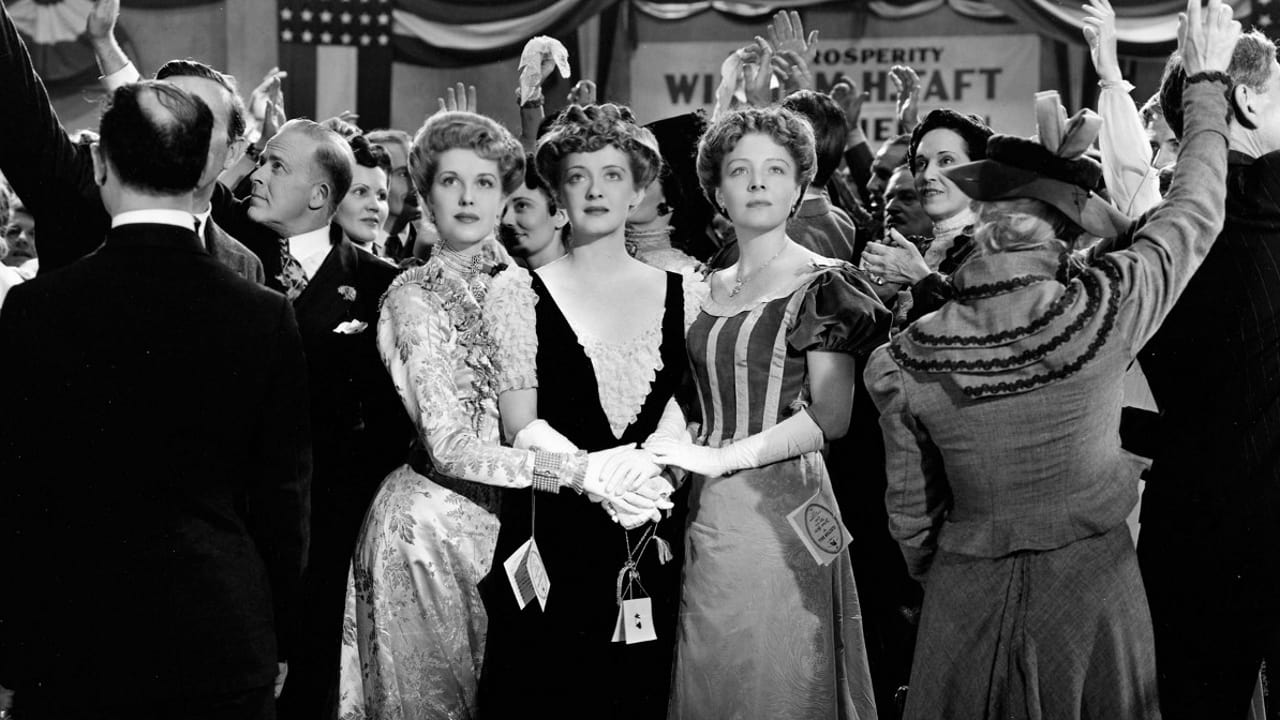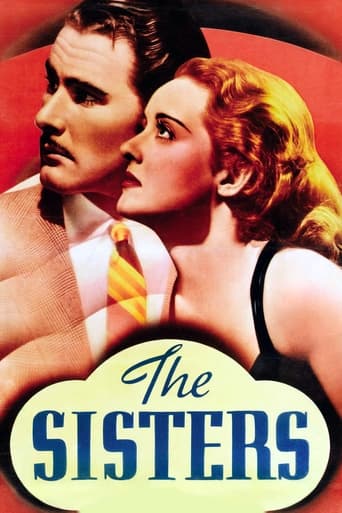

Lack of good storyline.
... View MoreAlthough it has its amusing moments, in eneral the plot does not convince.
... View MoreThe film's masterful storytelling did its job. The message was clear. No need to overdo.
... View MoreA great movie, one of the best of this year. There was a bit of confusion at one point in the plot, but nothing serious.
... View MoreLouise is swept off 19th century feet When Frank comes to a local dance. These characters in the film are your neighbors next door, likeable and honest. Errol gives a fine performance of a man who wants to accomplish more in his life. Frank is frustrated he wants to provide more for his wife, seven by guilt it's easier to bend your elbow with a drink in your hand Donald Crisp plays a friend to Frank yet Frank is torn up inside The scene where Frank meets Louise at her office he tells her about a job he is taking the look of anguish and guilt hit me hard. Watch this movie Enjoy the story An afternoon spent with Errol Flynn is never a waste of time
... View MoreThree sisters (Bette Davis, Anita Louise, Jane Bryan) marry three winners in early 20th century Montana. Bryan marries meathead Dick Foran. Louise marries sugar daddy Alan Hale. Davis marries handsome but undependable Errol Flynn and moves to San Francisco. They all have troubles but Bette has her hands full.OK "women's picture" that understandably focuses more on the Davis/Flynn coupling than the others. Davis and Flynn are good, as is most of the cast, but no one is that exceptional. The film's message is the expected "marry the stable and dependable guy not the exciting but irresponsible one." Amusingly, the film's ending contradicts this because test audiences didn't like Bette winding up with a more responsible man (Ian Hunter). They preferred Errol, warts and all. Can't say that I blame them.
... View MoreErrol Flynn and Bette Davis did the first of two films together in The Sisters and curiously enough it followed landmark films for both of them, The Adventures of Robin Hood for Flynn and Bette's second Academy Award winner, Jezebel.It was an interesting project for both, but fell somewhat flat at the box office. Still it's not a bad film at all and for Flynn it was an attempt to expand his range as player.Bette's usual shtick is held firmly in check my director Anatole Litvak. She's one of three daughters of Henry Travers and Beulah Bondi of Broken Bow Montana and the action of the film takes place between Election Day of 1904 and 1908. Shortly after the first election where all three encounter the men they would marry.For Jane Bryan it's Dick Foran, a proper young man of business who soon becomes president of the bank and they settle down to a nice middle class existence. It's only threatened when Foran falls victim to the town tart briefly, one of many men in the area.For Anita Louise, she's a naughty flirt who likes romance, but also likes her creature comforts. She marries Alan Hale who's the wealthiest guy in town, who's also a widower looking for a trophy wife. She lucks into the best of both worlds when he dies leaving her well provided for and free to pursue love in comfort.But the main plot revolves around Bette Davis who marries newspapermen Errol Flynn, a charming, but essentially weak character. He likes to drink and carouse and even impending fatherhood doesn't put a damper on that. He leaves her, purely coincidentally right in the middle of the San Francisco Earthquake.Some don't like Flynn's performance, but I think he did fine in the role. The problem was that the brothers Warner filmed two different endings and gave into public opinion in the one you see. Flynn, by the way thought they did the wrong thing. Without giving it away, the ending should have resembled one they gave Four Daughters which was also produced by them in 1938.Despite the fact that Errol and Bette hated each other they got through the film and it's not bad. Look also for good performances from Donald Crisp as Flynn's sportswriter friend and Ian Hunter who gives Bette a job after Flynn leaves her and loves her as well.
... View MoreThis movie is about three affluent sisters, the men they marry and the result this has on their lives. The focus in particular is on Bette Davis and her unwise choice of Errol Flynn for a husband. This SHOULDN'T come as a big surprise to the audience, as this sort of behavior is more expected from the real-life Flynn than the other male leads! The other sisters have differing success with their love lives, though through it all they have a strong sense of family and decency.The movie scores high marks for excellent acting, writing and production values. While not the best Warner Brothers has to offer, it certainly is among their better efforts.
... View More